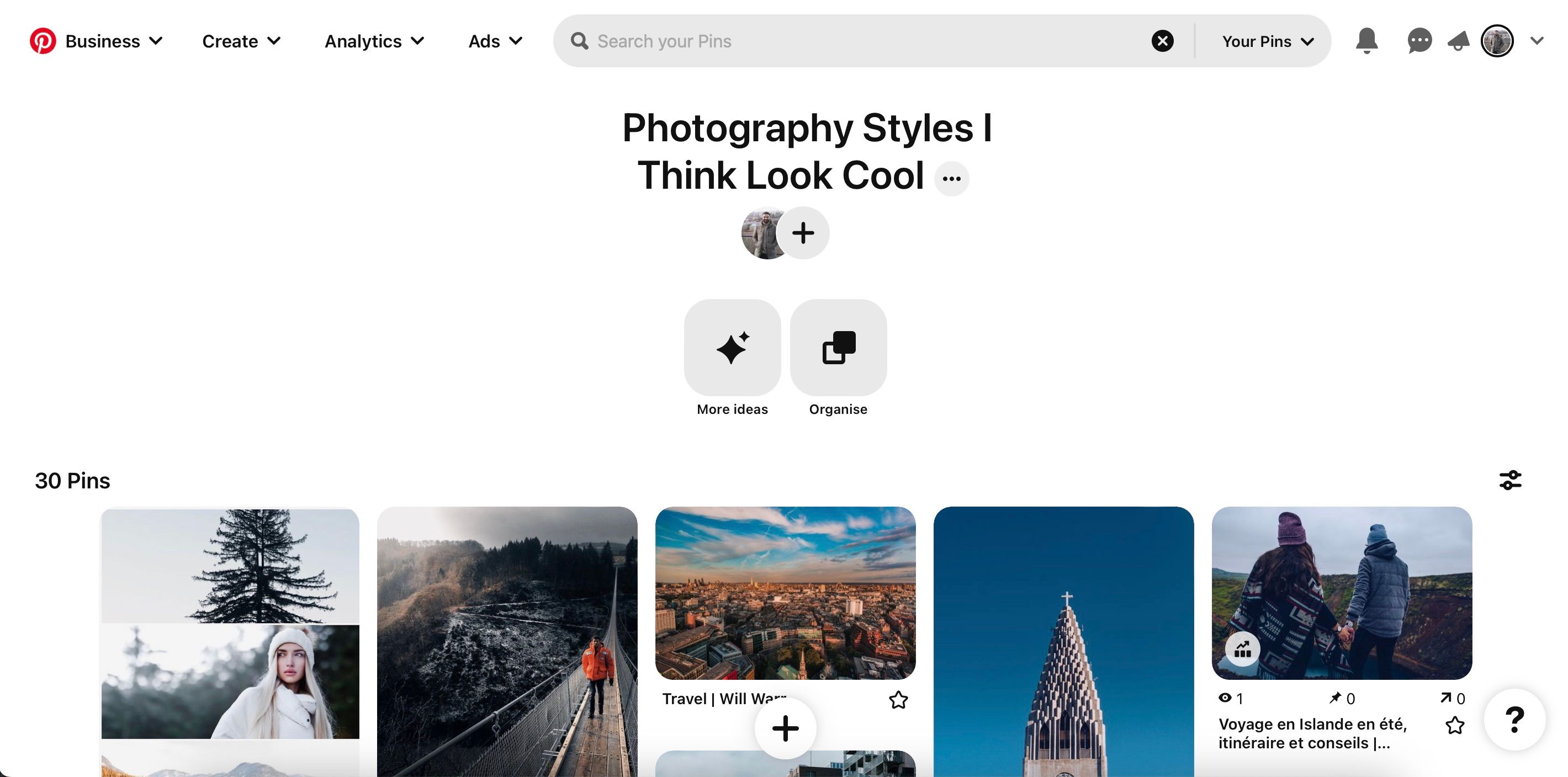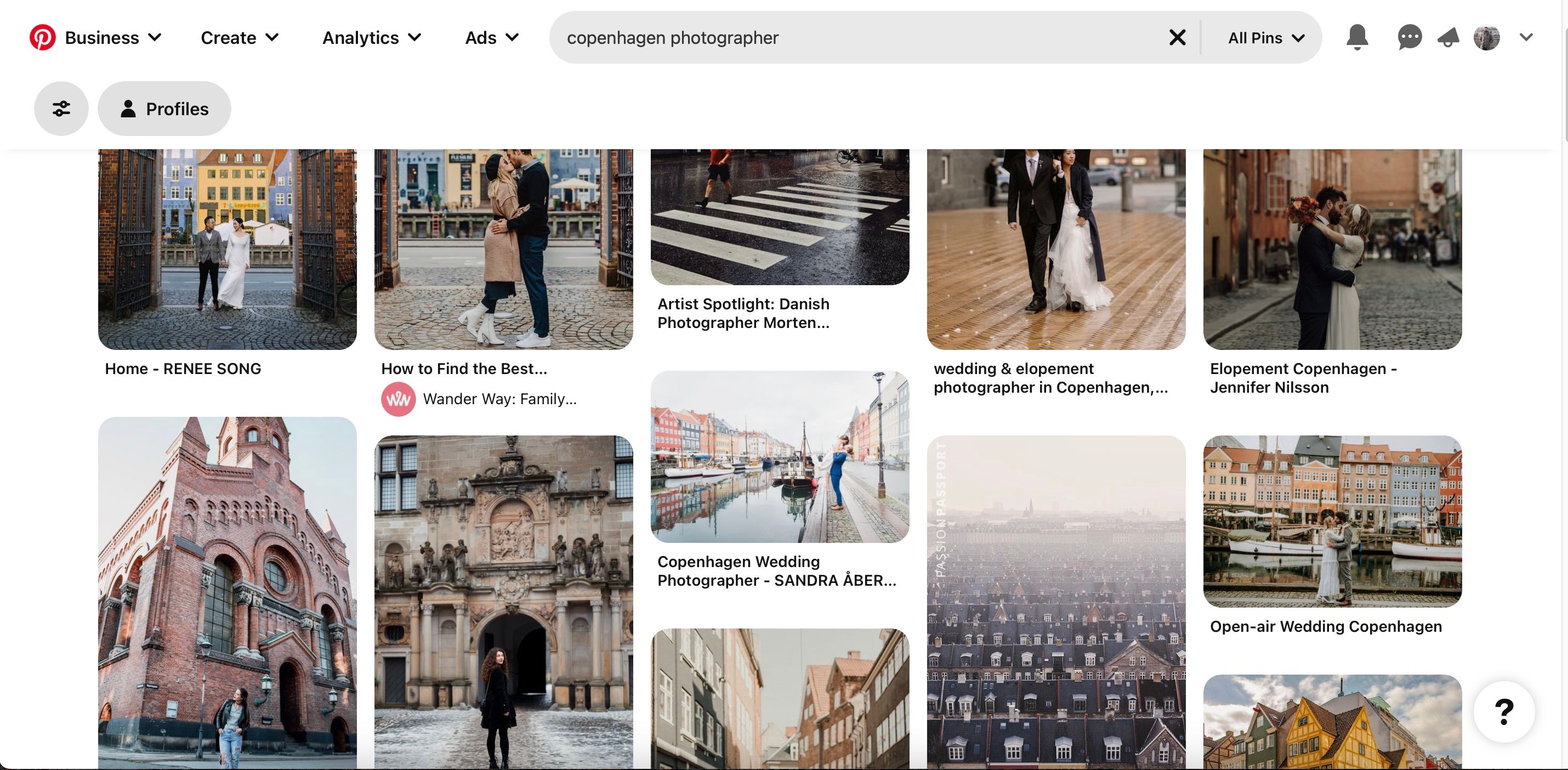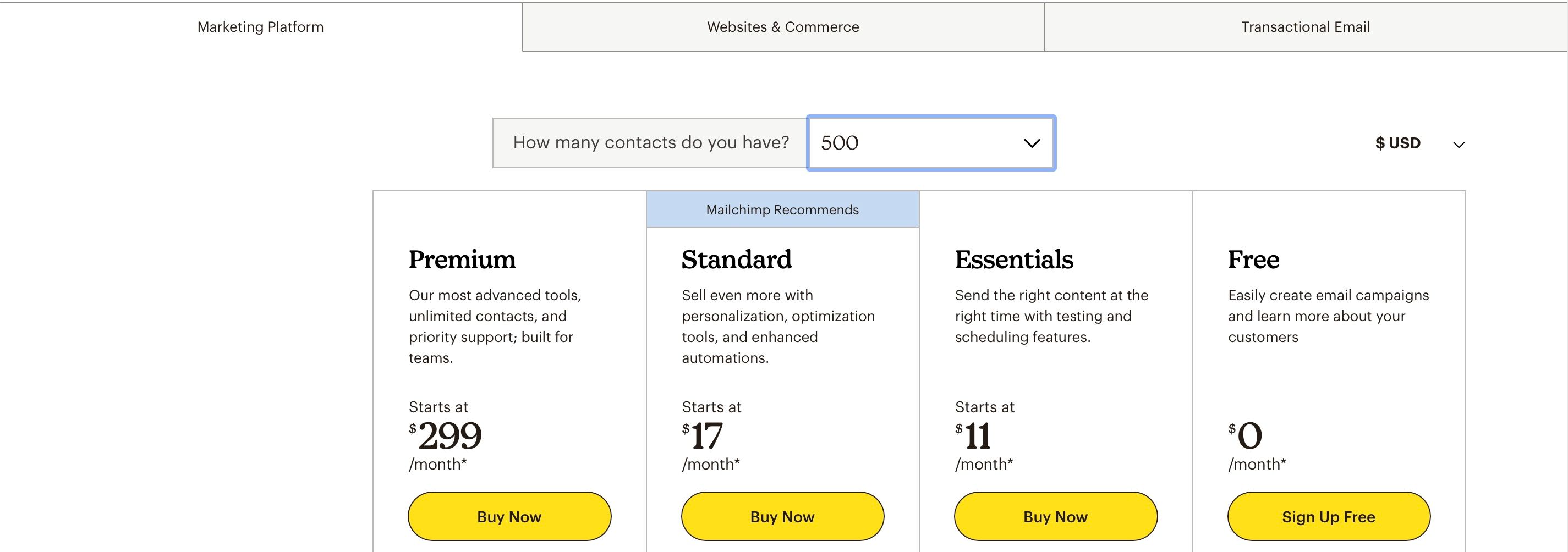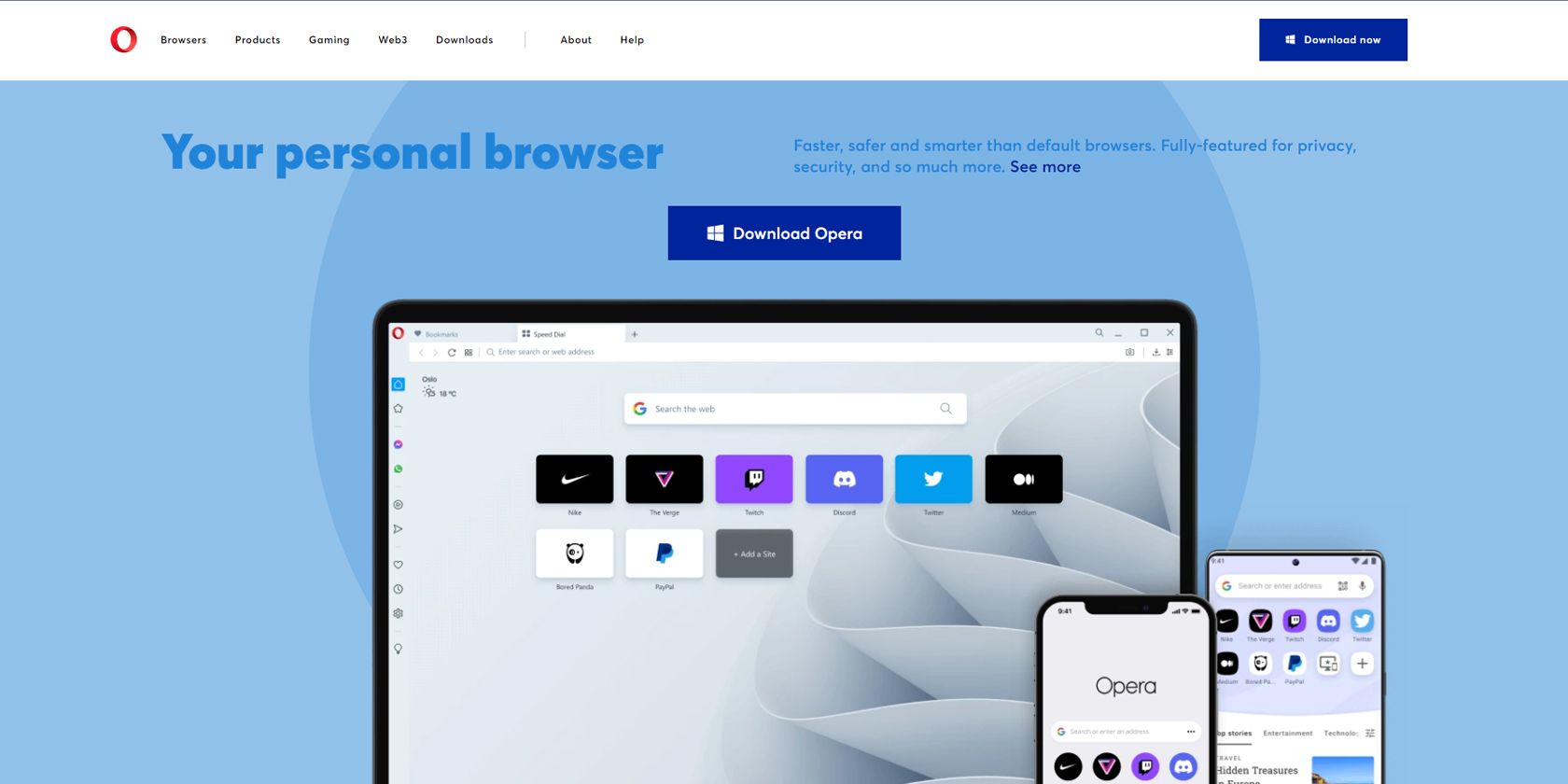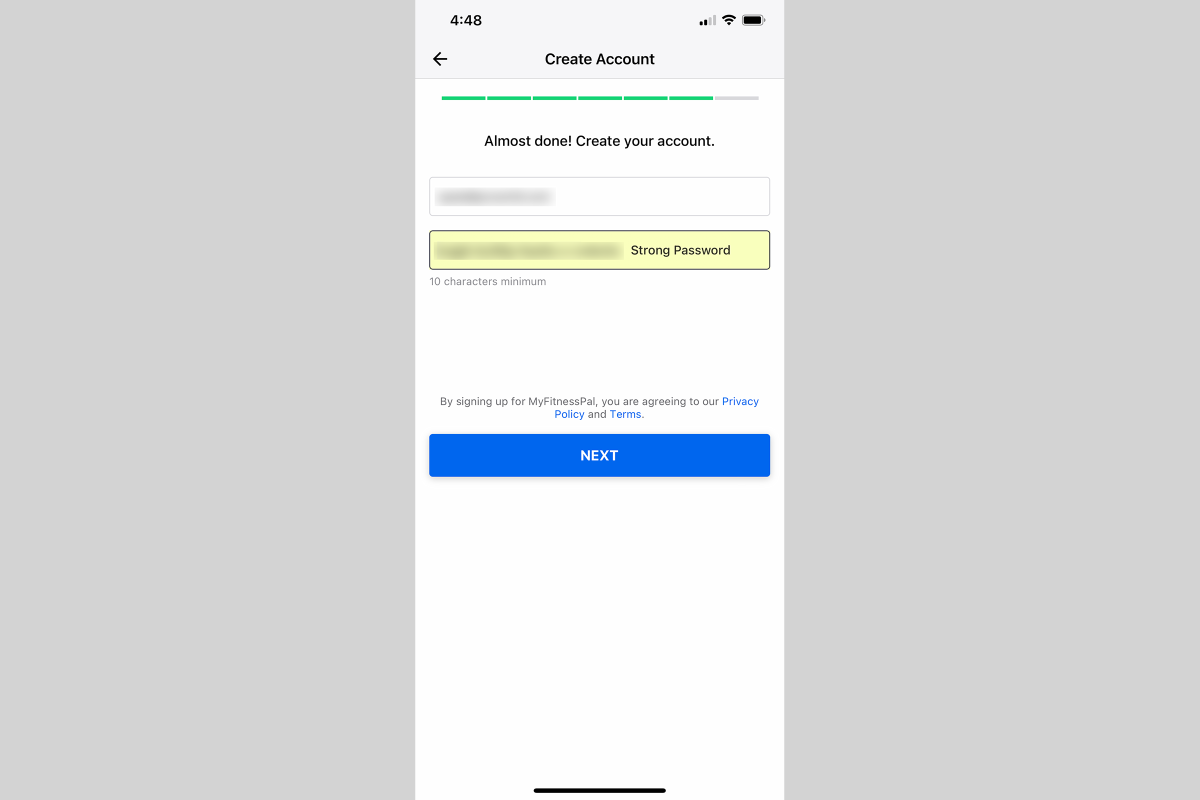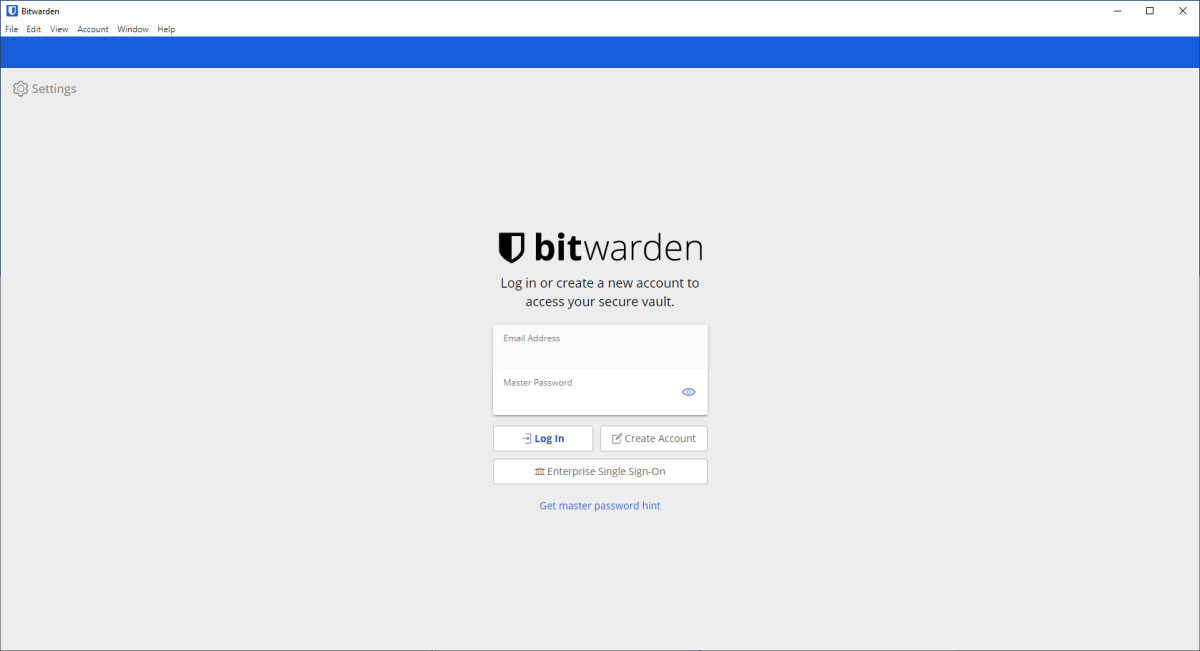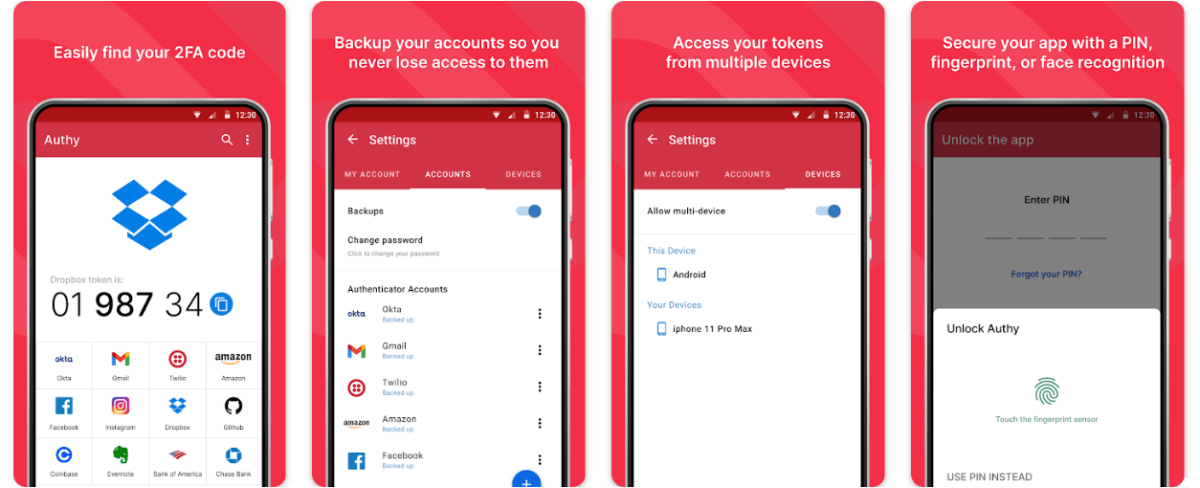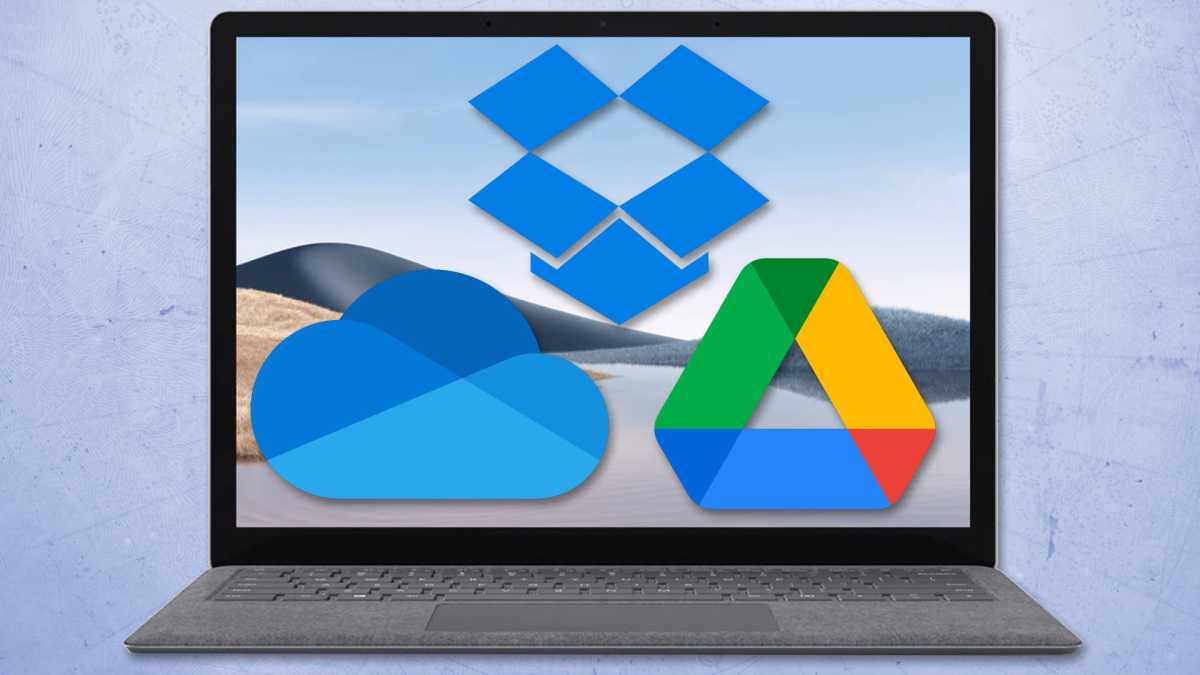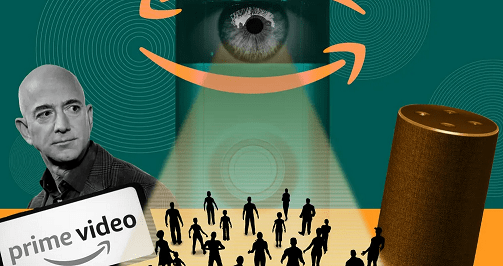Pinterest has a lot to offer both beginner and experienced photographers. Here’s how you can make the most of this undercover social media site.
Whether you work with clients or create your own products (or both), you’ve got plenty of opportunities to use Pinterest effectively. In this guide, you will discover seven possible things you can try when using the platform.
1. Finding Inspiration From Other Photographers
If you’ve ever used Pinterest in a smaller capacity before, it was probably to find inspiration. It’s a great place to look for ideas related to travel, food, lifestyle, and much more. And whether you’re a beginner to photography or a seasoned professional, Pinterest can help you advance your skills even further.
When using Pinterest, you can find inspiration from other photographers in your field. For example, you can look for new locations to capture in your local area or potential ways to place items in a photoshoot if you want to improve your product photography.
Pinterest is also useful if you want to look at new aesthetics to adjust your editing style. You can then advance your editing skills in Lightroom once you’ve saved some ideas.
2. Learning More About Photography as a Craft
Finding inspiration from other photographers is one way to get better at your craft, but it’s not necessarily the most efficient way to do so. For many people, the best way to become a better street photographer (or excel in any genre, for that matter) is to absorb information and put it into action.
Pinterest might not be the first place that comes to mind when thinking about where you can learn more about photography. However, it’s an excellent place to find practical resources, such as blog posts, YouTube videos, and podcast episodes.
Many creators publish pins of what they share elsewhere on Pinterest, and you’ll also find the outbound link here. You can use the search bar on Pinterest to find topics (such as “photography tips”). When you see something that you want to refer to later, save it as a pin within a mood board.
If you enjoy using Pinterest, and your favourite browser is Firefox, consider trying these Pinterest add-ons for Firefox.
3. Drive Bookings for Photoshoots
For many photographers, photoshoots are a popular income stream. In addition to being skilled at your craft, you also need to market your services to your target audience. Social media in general is ideal for doing that, and Pinterest can help you get your work in front of others who may wish to do business with you.
When using Pinterest as a photographer, you can share your best work in separate pins. To bring all of these together, consider creating a board that others can access. Each time you share a pin that includes a portfolio piece, you can provide a brief description of what you do. If a user likes what they see, they can click on the link you include and book a shoot directly with you.
If you use pins for photoshoot bookings, it’s worth mentioning the locations you’re willing to work in. Giving others an idea of where you’re based is also wise.
Are you trying to build your portfolio? Consider trying different creative photoshoot ideas at home.
4. Promote Products From Your Online Store
Although many photographers begin their careers with client work, running a business has the beauty of opening your eyes to plenty of other income-generating opportunities. It’s not uncommon for experienced photographers to launch their own products later on, including selling prints and photography books.
When promoting your photography services, you’ll need to build awareness around the products in your store if you want to maximize your earning potential. Pinterest is a handy place for doing precisely that.
To help promote products from your online store, you should think about what the end result is for the buyer. For example, if you create and sell Lightroom presets, showcase what a picture looks like before and after applying it. Similarly, if you sell prints, you can show how the photo looks when it appears on someone’s wall
5. Finding Other Local Photographers
Although many people have a camera on their smartphone these days, being truly passionate about photography—to the point of learning more about the craft—is a lot more rare. As a result, you may find your life as a photographer quite lonely if you don’t make an effort to meet like-minded people.
There are many ways that social media brings people together, and one of its greatest benefits is that you can find people living near you with related interests. If you’re looking for other photographers, you can use Pinterest in a similar way to Instagram by typing your location followed by “photographer” in the search bar.
When you see a photographer that interests you, you can send them a message on Pinterest. Alternatively, see if they have any other social media accounts and contact them on those.
6. Asking Clients to Find Photoshoot Styles That Interest Them
Like selling a service in any other business, it’s essential that you understand what your client wants from a photoshoot. The best way to do this is by asking in advance—or even better, asking your client to provide examples of what they’re looking for.
You can tell clients to create a board with different ideas on Pinterest, and once they’ve done this, they can provide you with the link. Alternatively, you can create a board of ideas you’ve got and send your proposals to see if the other party is happy.
When creating boards for this phase, you can always make them private if you want. You can find out how to use secret boards on Pinterest in a separate guide.
7. Promoting Pins via Advertising
Like many other social media networks, Pinterest offers an avenue for paid advertising if you want to get in front of more people. Of course, you’ll need a budget to use Pinterest advertising—but once you’re established, you may find that this is a useful option for getting in front of more users.
When advertising on Pinterest, make sure you understand who you’re trying to reach with your photography. Moreover, you should set a clear limit on how much you’re willing to spend in advance.
Pinterest: A Powerful Platform for Photographers
Pinterest has several uses for photographers, and it can help both those who work with clients and photographers who sell products. Even if you’re only in your early days as a photographer, you can find significant value in using Pinterest to discover different photography styles and resources.
Now that you’ve read this guide, you should have a better idea of how you can make the most out of this still-underrated social media platform. Why not experiment with each of these tips?
By Danny Maiorca
Danny specializes in writing about productivity and also enjoys exploring different creative disciplines, especially photography. He has a degree in Sports Journalism and has been writing professionally since 2016.


